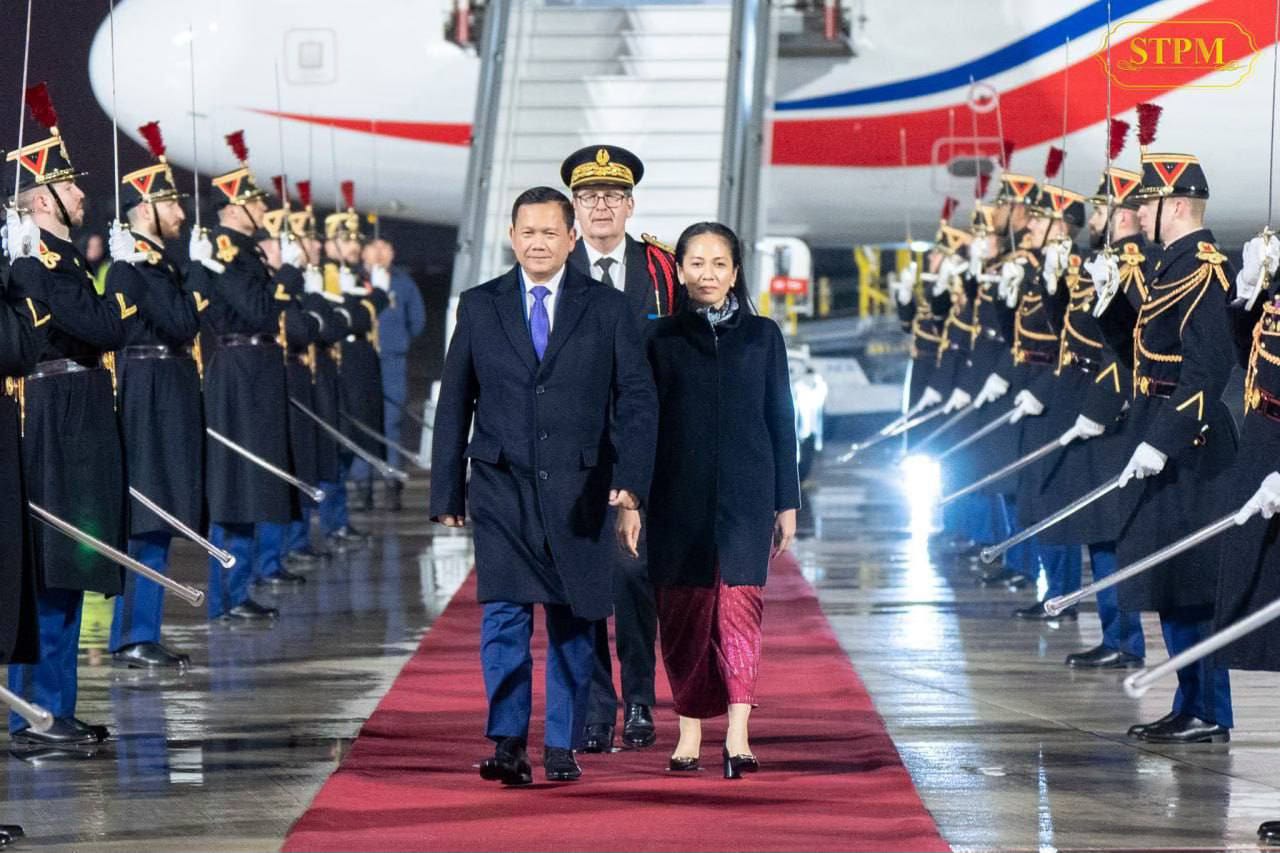Gold Standard
Cambodia’s strategic overture to France, Descent into Digital Barbarism, Africa- Middle East withdraw gold reserves over American economic concerns, Egyptians trade Gold to new highs
Cambodia’s strategic overture to France
By Chansambath Bong, Australian National University
Cambodian Prime Minister Hun Manet is driving a reset in the country’s 180-year-old relationship with France. From trade and investment to cooperation on global issues, the partnership holds significant potential, potentially culminating in a strategic upgrade. It …





